SCHOFIELD BARRACKS, Hawaii -- "You're not stepping out in front of 200-300 people, saying, 'Hey, I need help,'" said Spc. Jesse Farrell of the 2nd Battalion, 11th Field Artillery, in answering local television news reporter Shayne Enright, who asked how he felt about taking a Soldier Evaluation for Life Fitness (SELF) survey.
Farrell is one of more than 4,000 Soldiers who are the first in Hawaii to participate in the Army's SELF program. SELF incorporates behavioral health as a routine component of the health readiness process for all soldiers returning to their home stations after deployment.
Beginning May 18, Farrell and other 2nd Stryker Brigade Soldiers, now back from block leave, have been reporting to the Schofield Barracks Health Clinic to get follow-on health screenings, to assess all aspects of their health. The brigade, which was involved in some of the heaviest battles during the surge of U.S. forces in Iraq last summer, redeployed earlier this year, and is now returning to its training routine at Schofield Barracks.
Soldiers begin SELF by first taking computer-based self assessments. On-site clinicians can view the results of the assessments immediately afterwards, allowing them to tailor their consults to meet the Soldiers' particular needs. Soldiers can then be evaluated for individual health risks that may range from behavioral health issues, such as depression and anxiety, as well as physical health issues.
Since every Soldier receives a medical consultation on-site, no one is stigmatized if he or she is being seen by a behavioral healthcare provider. Through early detection, healthcare providers can provide more prompt and effective therapies for a Soldier's well-being.
"It's really private, just you and the computer, asking the right questions, so the medical staff can determine who is having issues," said Farrell.
"We've had a great response," said Lt. Col. Matthew Rettke, deputy commander for the Schofield Barrack clinic, in commenting on the 200 Soldiers who had already completed the health screening as of last week Wednesday.
"This provides them an opportunity, about 90 days after they return home, after they've had time to integrate with their family members and time for some of these issues to come to the forefront, to address issues that may not have been evident in the first few weeks."
"The Army has changed: how we fight wars and what happens after Soldiers redeploy," said Col. Todd McCaffrey, 2nd Stryker Brigade commander. "Army medicine has changed and better recognizes the mental and emotional challenges of returning home."
Tripler Army Medical Center's health clinic at Schofield Barracks is the second medical facility Army-wide to implement the SELF program, which began as a pilot program in 2005 at Madigan Army Medical Center at Fort Lewis, Washington.
Long-term plans are to implement the program Army-wide.
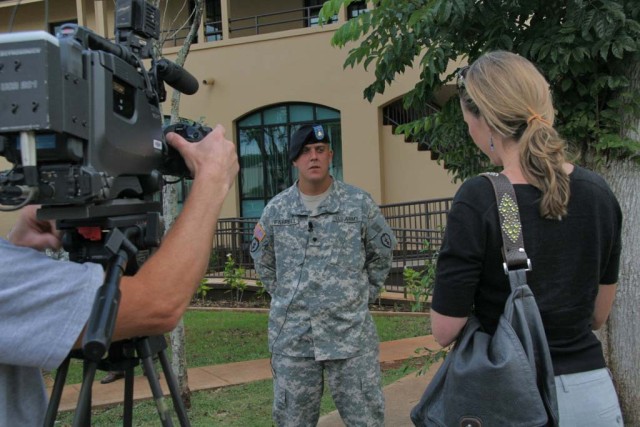
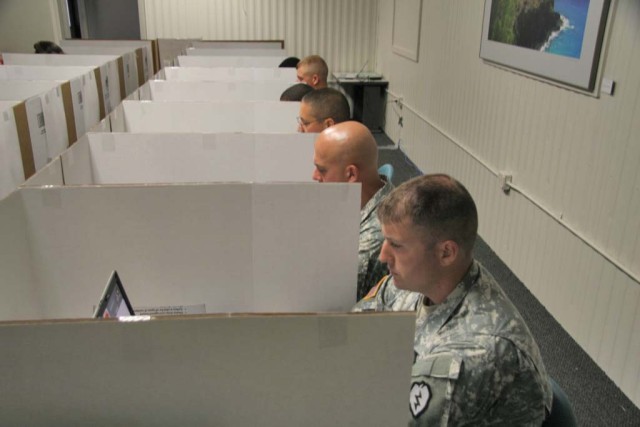
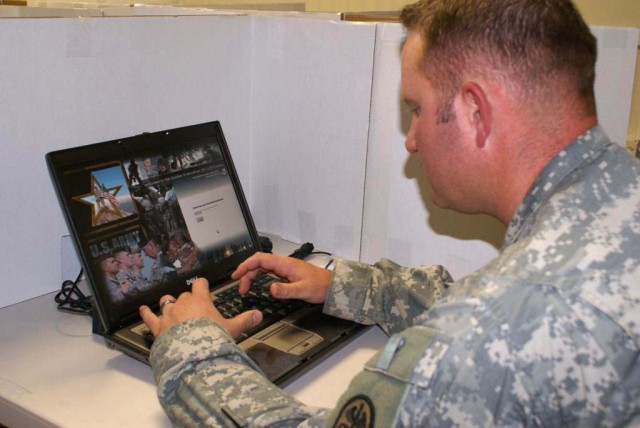
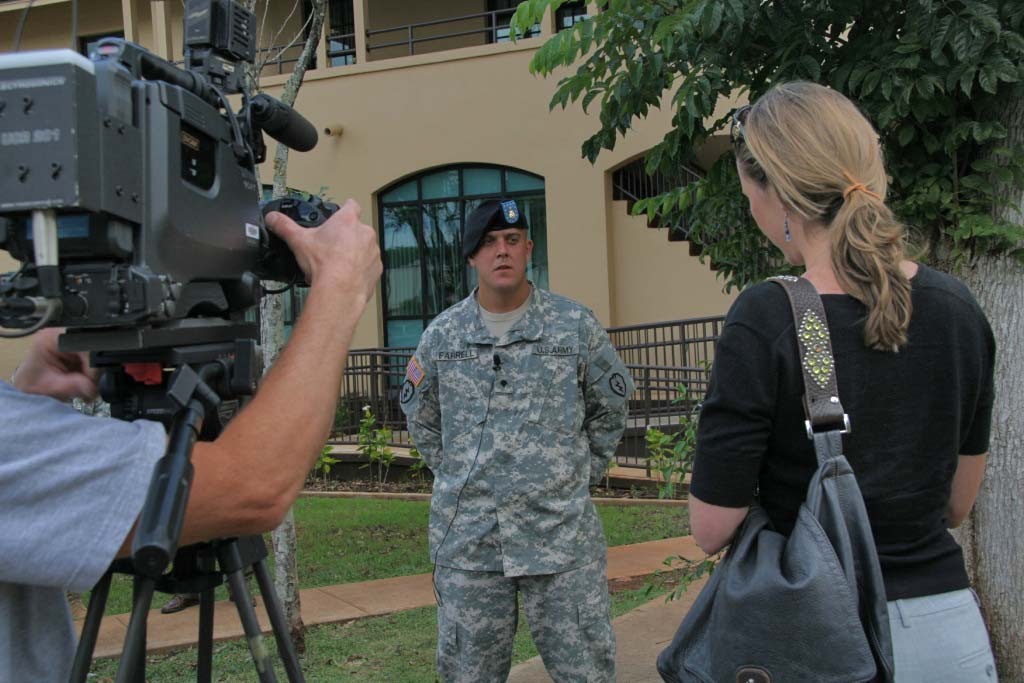
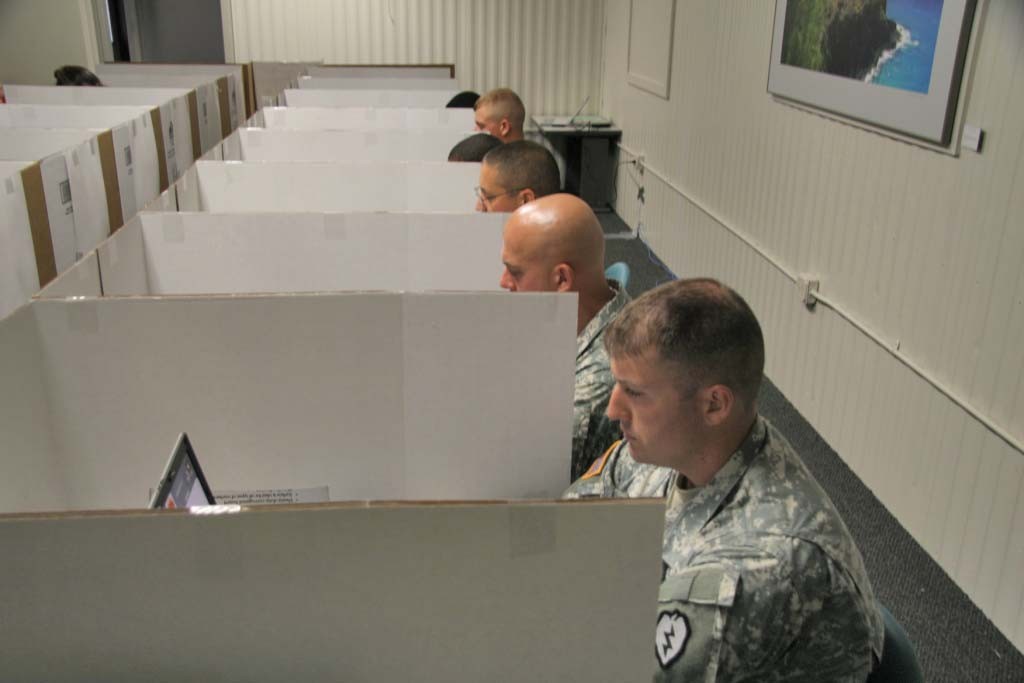
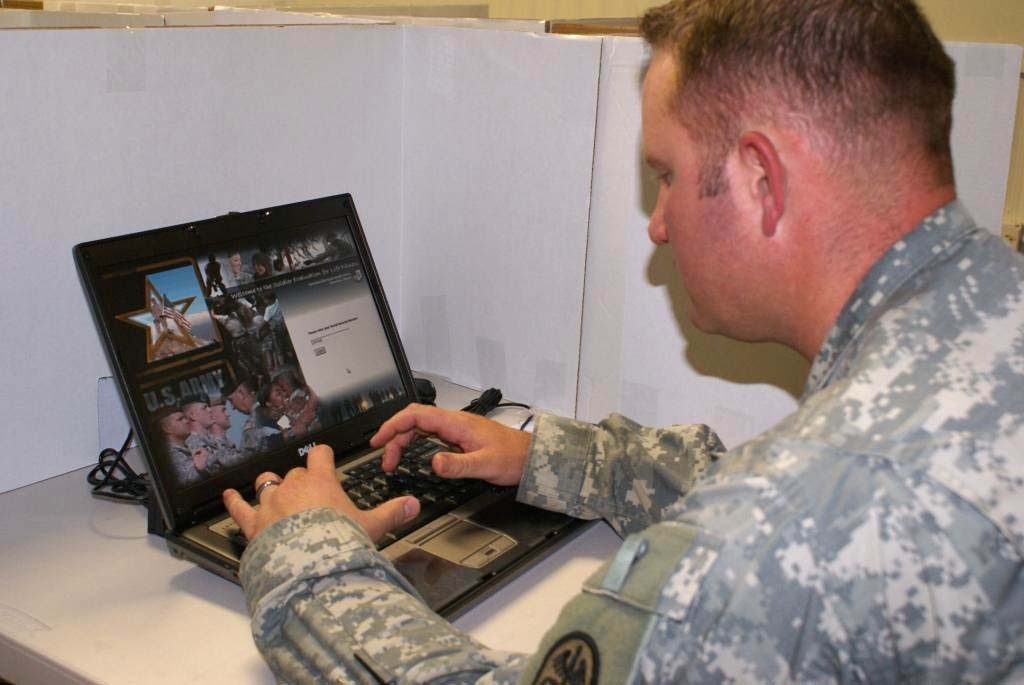
Social Sharing